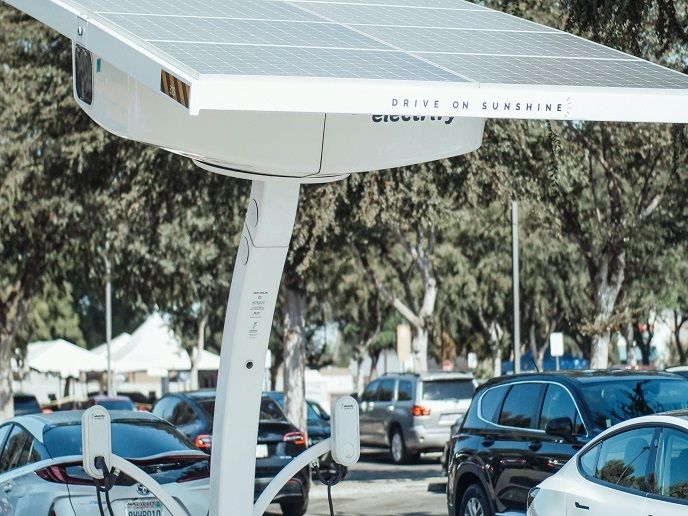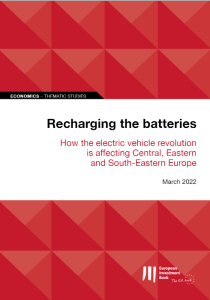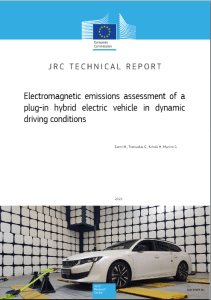An EU-funded project is helping modern cities achieve one of their dreams through sustainable electric vehicle charging solutions.

Imagine a city with no traffic jams or parking problems; a city where both cars and mopeds are fuelled by green electricity, and people share pools of personal vehicles without concerns about vehicle availability or charging opportunities.
This is the vision of the EU-funded GreenCharge project. It set out to empower cities and municipalities to make the transition to zero-emission and sustainable mobility through new business models, technologies and guidelines for cost efficient and successful deployment and operation of charging infrastructure for electric vehicles.

Recharging the batteries How the electric vehicle revolution is affecting Central, Eastern and South-Eastern Europe
|
“GreenCharge takes us a few important steps closer to achieving one of the dreams of modern cities: a zero-emission transport system based on electric vehicles running on green energy,” highlights Jacqueline Floch, project coordinator.
The challenges of an all-electric e-mobile future
Achieving this dream is not without its obstacles. “For one, we have to make people confident that they can access charging infrastructure as and when they need it. Many people in Europe lack easy access to a charge point,” explains Floch.
On top of this, charging requires the ability to cope with energy demands. A shift to an e-mobile future may lead to huge peaks of demand on the electricity network, potentially requiring major upgrades of the energy infrastructure, both locally and on a wider scale.

Electromagnetic emissions assessment of a plug-in hybrid electric vehicle in dynamic driving conditions
|
Electric energy must also be used in a smart way and coordinated with other energy demands as well as with the local energy production. “Of course, solutions must be economically viable,” notes Floch.
Facilitating a shift towards e-mobility
The realisation of the GreenCharge concept requires the integration of systems from the transport, building and energy sectors. “This integration was found to be complex, in part due to the lack of standardisation,” reports Floch.
Helping to pave the way for cities, the project established a community on Zenodo to share results such as the GreenCharge Reference Architecture. This provides a full-fledged specification of the ecosystem for smart and green charging and acts as a blueprint guiding the creation of individual system realisations. “The Reference Architecture includes descriptions at various levels of technical details and may serve different types of stakeholders,” confirms Floch.
GreenCharge also set up demonstrators in three pilot cities: Barcelona, Bremen and Oslo. Together, they have experimented with smart and green energy management. The pilots confirmed that smart and green energy management in combination with charging contribute to more optimal utilisation of the available energy, lower peaks in the grid, as well as a higher degree of self-sufficiency and a greener energy mix.
“In the Oslo pilot, energy costs were reduced by 10 %, and the use of stationary batteries has the potential to increase self-consumption from 50 % to 100 %. In the Bremen pilot, the shift from fuel cars to electric cars led to a CO2 reduction of 75 %,” reports Floch.






Leave a Reply